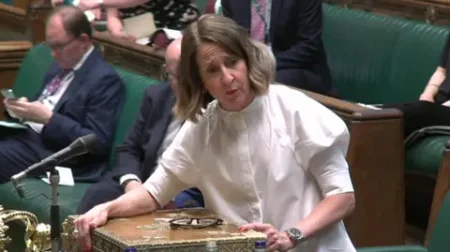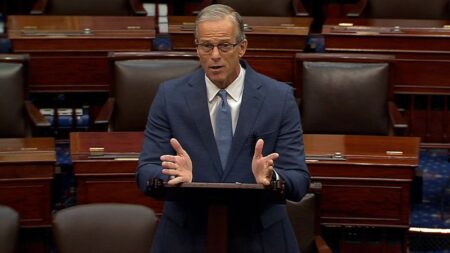The Independent Parliamentary Standards Authority (IPSA) is inviting members of the public to engage in a significant review aimed at re-evaluating how Members of Parliament (MPs) are compensated for their services. This initiative, which seeks to recruit around 20 participants for what is termed a “citizens’ forum,” forms part of IPSA’s ongoing mission to provide an accountable and transparent approach to MPs’ pay and expenses.
This citizens’ forum is a novel approach to governance, reflecting a shift towards more participatory mechanisms in public decision-making. Participants will have four meetings scheduled in September, during which they will deliberate and then submit their recommendations concerning pay and expenses policy. In conjunction with this forum, a broader online consultation will also take place and is anticipated to continue until the autumn.
As part of this review process, IPSA intends to assess how the remuneration of British MPs compares to that of politicians in other countries. Particularly noteworthy is the current basic salary for MPs, which stands at £93,904, following a 2.8% annual increase that took effect in April. The review comes in the wake of IPSA’s legal mandate to review remuneration and expenses after each general election, yet this marks the first occasion in which direct public participation will be sought to inform this policy.
To ensure that the forum is representative of the wider UK population, a total of approximately 10,000 households will be contacted via a postal lottery, with a goal to recruit around 20 to 25 individuals. Applicants must be at least 18 years old; however, prior knowledge or keen interest in political matters is not a prerequisite. Those who become involved will contribute to shaping the recommendations put forth to IPSA’s board, and the entirety of this review is expected to be completed before the commencement of April next year.
The move towards a citizens’ assembly model echoes similar initiatives in other regions, especially Ireland, and showcases a growing trend toward democratizing decision-making processes within government. This method has previously been utilized by the Scottish government to gauge public sentiments on constitutional questions arising from Brexit. Additionally, it has been employed by Westminster committees to formulate recommendations on crucial issues like climate change and social care. Advocates for this model assert that it can enhance democratic engagement; nevertheless, critics often question whether a panel composed of volunteers can genuinely encapsulate the broader public opinion.
This strategy was notably suggested for wider application in British governance following comments from Sue Gray, who was then serving as the chief of staff for Sir Keir Starmer, leader of the Labour Party. It was posited that such assemblies could address divisive topics, including housing development and the reform of the House of Lords. However, following Gray’s exit from Downing Street after a brief period, momentum surrounding these plans seems to have faltered.
IPSA was established in the aftermath of the 2009 expenses scandal, taking over responsibilities for the remuneration of MPs previously managed by the MPs themselves. Presently, the authority relies on a combination of public sector pay data and wider economic contexts to determine MPs’ salaries, but it does not adhere to a fixed formula. The entity has explored aligning annual pay adjustments with average public sector figures published in the previous autumn. Nonetheless, there has been a lack of consistency in utilizing these figures over the years.
In a recent report, IPSA highlighted that while British MPs receive a higher salary than their counterparts in France and New Zealand, they earn less than those in Ireland, Germany, Canada, Australia, and the United States. This further underscores the complexities of public sector remuneration and the importance of empirical data in informing policy revisions.
In conclusion, the IPSA’s initiative to include the public in discussions about MPs’ pay represents a significant step towards enhancing transparency and accountability in political remuneration. It offers a platform for inclusive dialogue while setting a precedent for future participatory governance models within the UK. Participants in this process will not only help shape the future of parliamentary compensation but also contribute to the broader discourse on democratic engagement in the political landscape.











